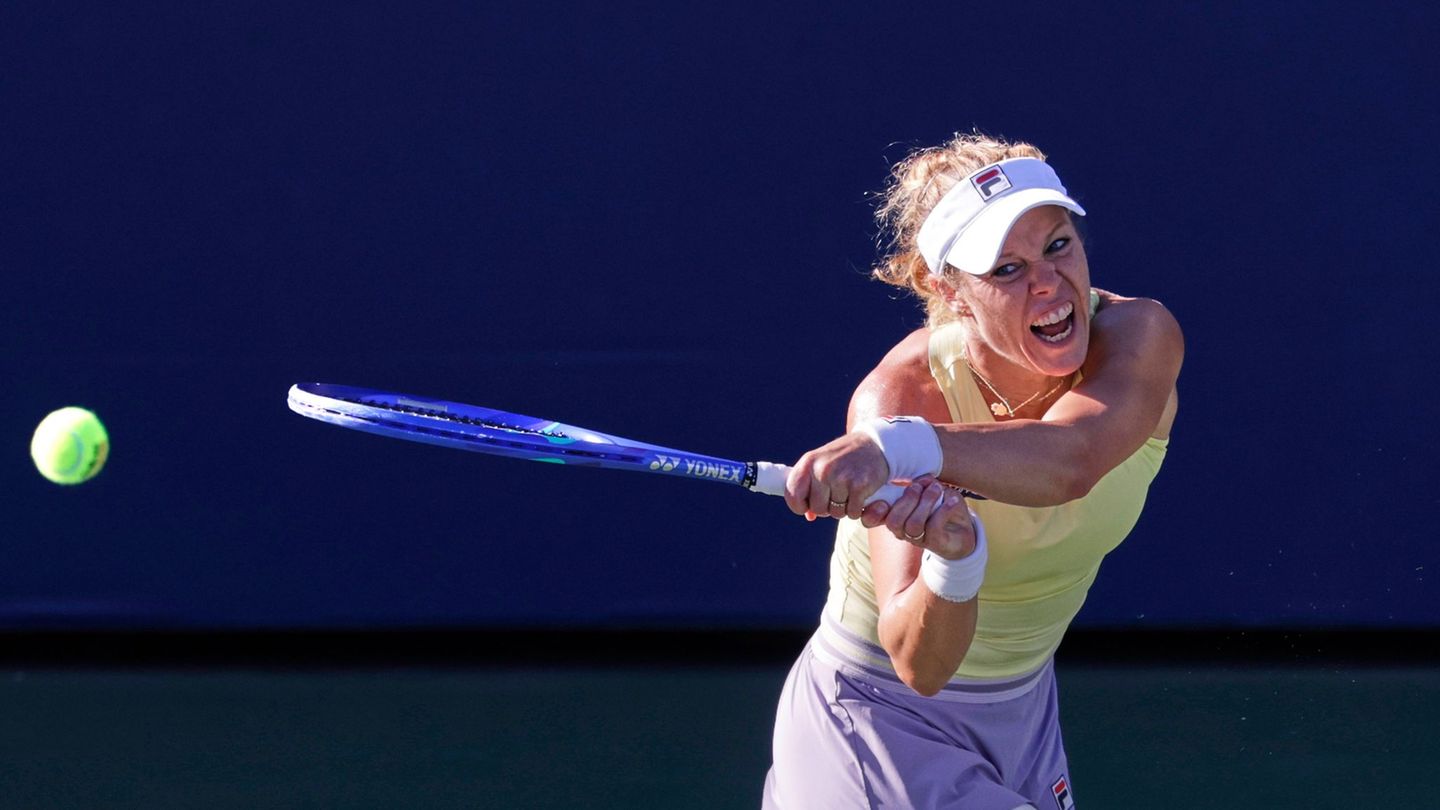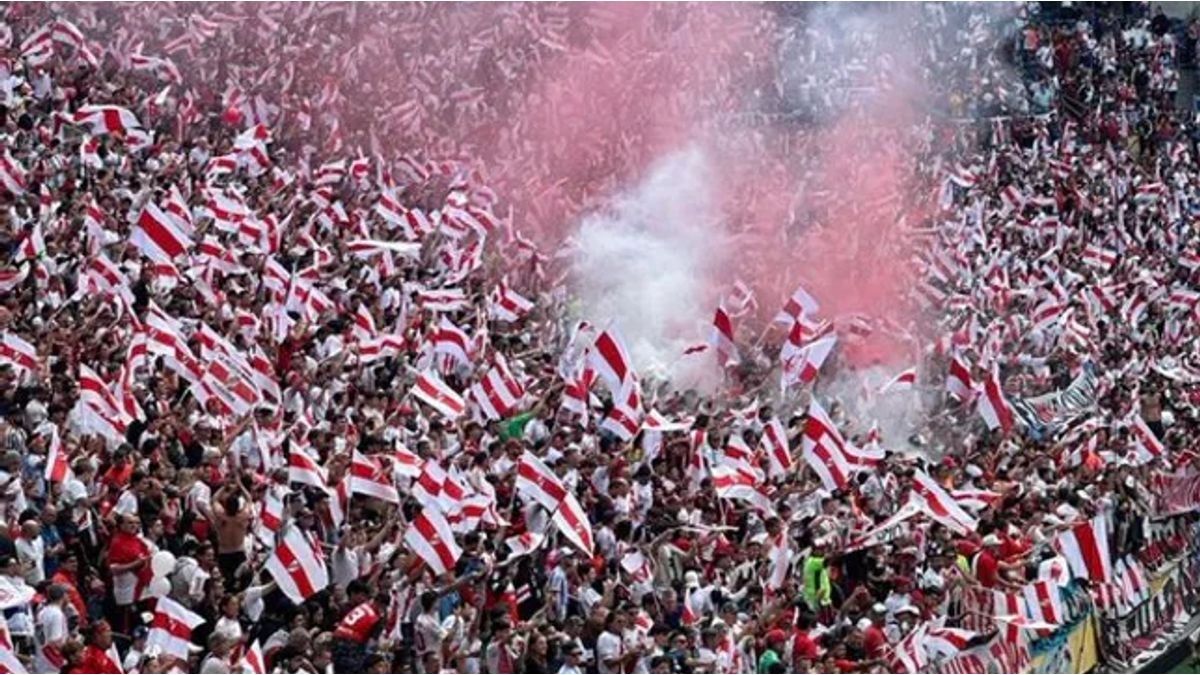16 percent or 164,000 children and young people used paid offers. Another 20 percent of the students would have needed (more) paid tutoring, but their parents could not afford it. That is eight percentage points more than before the start of the corona pandemic, according to the tuition barometer of the Chamber of Labor (AK).
Families are under enormous pressure to compensate for the deficits in the Austrian school system, criticized AK President Renate Anderl when presenting the survey to journalists on Thursday. Actually, it is the task of the school to encourage and support each child sufficiently. “Politicians cannot simply outsource this to the families.”
Anderl finds it particularly frightening that 16 percent of elementary school students are already taking private tuition – in 2017, before compulsory numerical grades were reintroduced in elementary schools, it was still six percent. She located “learning pressure and stress even among the youngest”. According to AK education expert Elke Larcher, the main thing in this age group is to achieve the best possible grades in order to get a place at the desired high school. In general, only one-fifth of the tutoring students focus on preventing or repairing a five-pointer. Rather, the goal is good results in exams.
More funding offers, less need for tutoring
According to the spring 2022 survey (around 3,400 parents of around 5,100 school children surveyed), a total of 27 percent of all age groups took private tuition. After the outlier year 2021 with its accumulation of corona-related distance learning or shift work and record tutoring rates of 37 percent, the numbers have leveled off again at the value before the pandemic began.
This time, 16 percent of the students used paid offers and spent an average of 630 euros, a fifth more than before the start of the corona pandemic. The older the child and the more complex the learning material, the more often paid tutoring is used. This is an enormous burden for low-income families, and it is precisely these that are being hit particularly hard by the current inflation, Larcher warned. In families with a household income of less than 2,000 euros, the expenses for private tuition were a heavy or noticeable burden for 60 percent, with incomes of more than 3,000 euros only for a third.
Incidentally, children and young people in schools with sufficient support (ten percent) or in all-day schools where lessons, learning and leisure time alternate throughout the day (nine percent) have significantly less need for paid tutoring.
According to the survey, 13 percent of the students also received free external tutoring (at school, through NGOs or free private learning support). In the previous year, with the many free funding offers, it was 27 percent.
In the Austrian school system, the parents’ help is still a strong requirement, as the figures show again: three quarters of the parents supervise their children at least occasionally when doing homework, learning or preparing presentations, and with a quarter of the pupils the parents even study every day. The younger the child, the greater the effort.
In two-thirds of cases, this task is taken on by the mother, despite her full-time job. “Women are torn between work and their children’s success at school,” Anderl complained. In the families, the family’s help, which is required by the system, creates pressure and stress: According to the survey, four out of five parents feel noticeably burdened with time, four out of ten are more or less overwhelmed professionally.
“Get going” when there is a shortage of teachers
To counteract this, Anderl calls for, among other things, a significant expansion of all-day schools: These would improve the learning opportunities for children and the compatibility with work for women. In addition, Minister of Education Martin Polaschek (ÖVP) must finally finance better school equipment and more individual support for the students in the long term, instead of presenting “the umpteenth package with an expiration date”. When it comes to the shortage of teachers, too, he should “get going”, a training offensive, image work and making the profession more attractive by freeing up teachers for their actual pedagogical work through more support staff such as social workers are needed.
For schools with a particularly large number of students with special needs, Anderl again called for more funds according to the AK’s “chance index”; in view of the inflation, a budget for school materials is also needed at the beginning of school, which teachers can use unbureaucratically. For families and single parents at risk of poverty, the AK is also calling for a relief package and support services such as holiday and learning camps.
Source: Nachrichten




